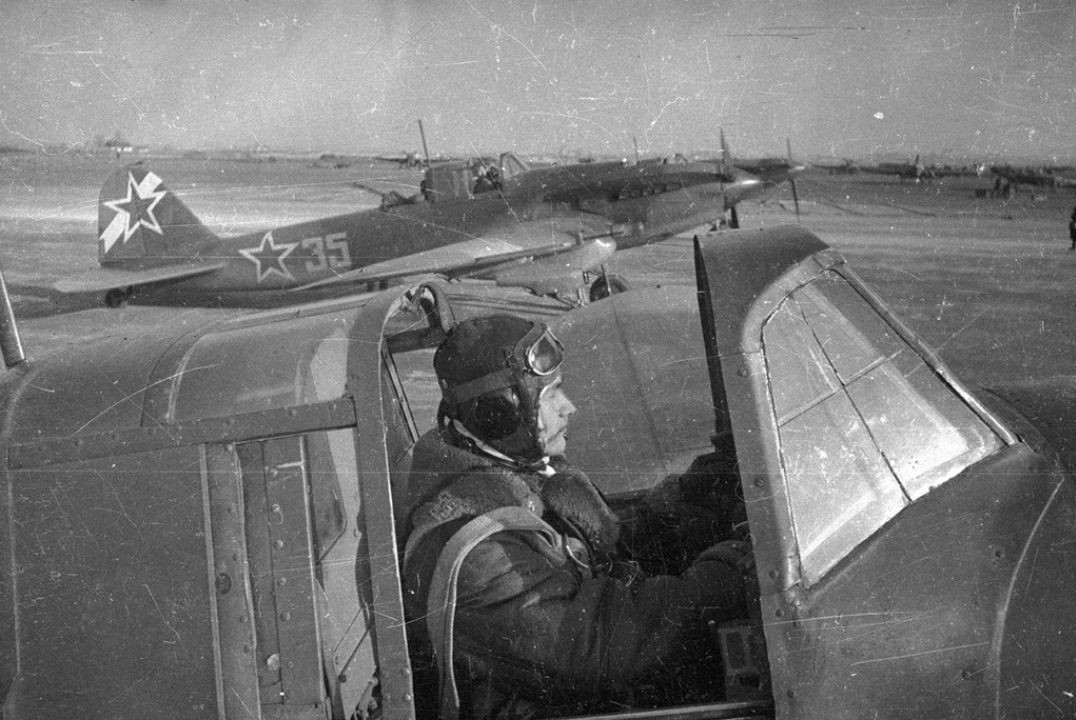Heroes get polished by time. Look closer and many admired names carry records that bruise the myth: conquest dressed as discovery, ideals paired with cruelty, reforms built on someone else’s suffering. The point is not to erase what they achieved, but to hold the whole story. Power leaves a paper trail, and so does harm. When both sit side by side, the halo fades and the history gets clearer. That clarity matters more than comfort, because it tells who paid for the legend.
Christopher Columbus
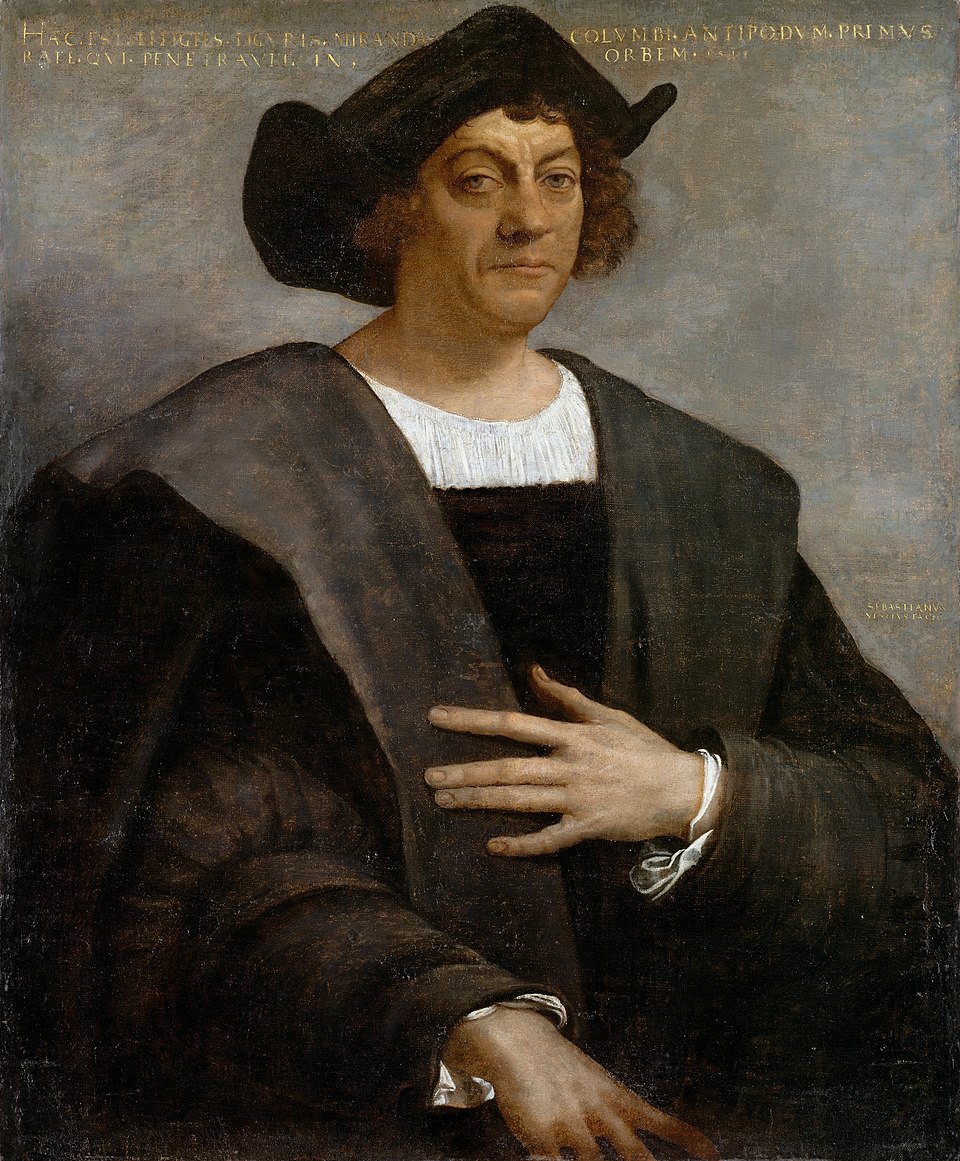
Columbus set foot in the Caribbean, then set a brutal template on Hispaniola. Surviving accounts describe forced labor quotas, floggings, mutilations, and the enslavement and trafficking of Indigenous people. His rule collapsed under reports of cruelty from his own contemporaries, yet a softer myth later took root. The voyages changed the world, but the cost was measured in lives shattered at the very start. Exploration and atrocity arrived together, and that pairing should never be hidden under parades.
Thomas Jefferson
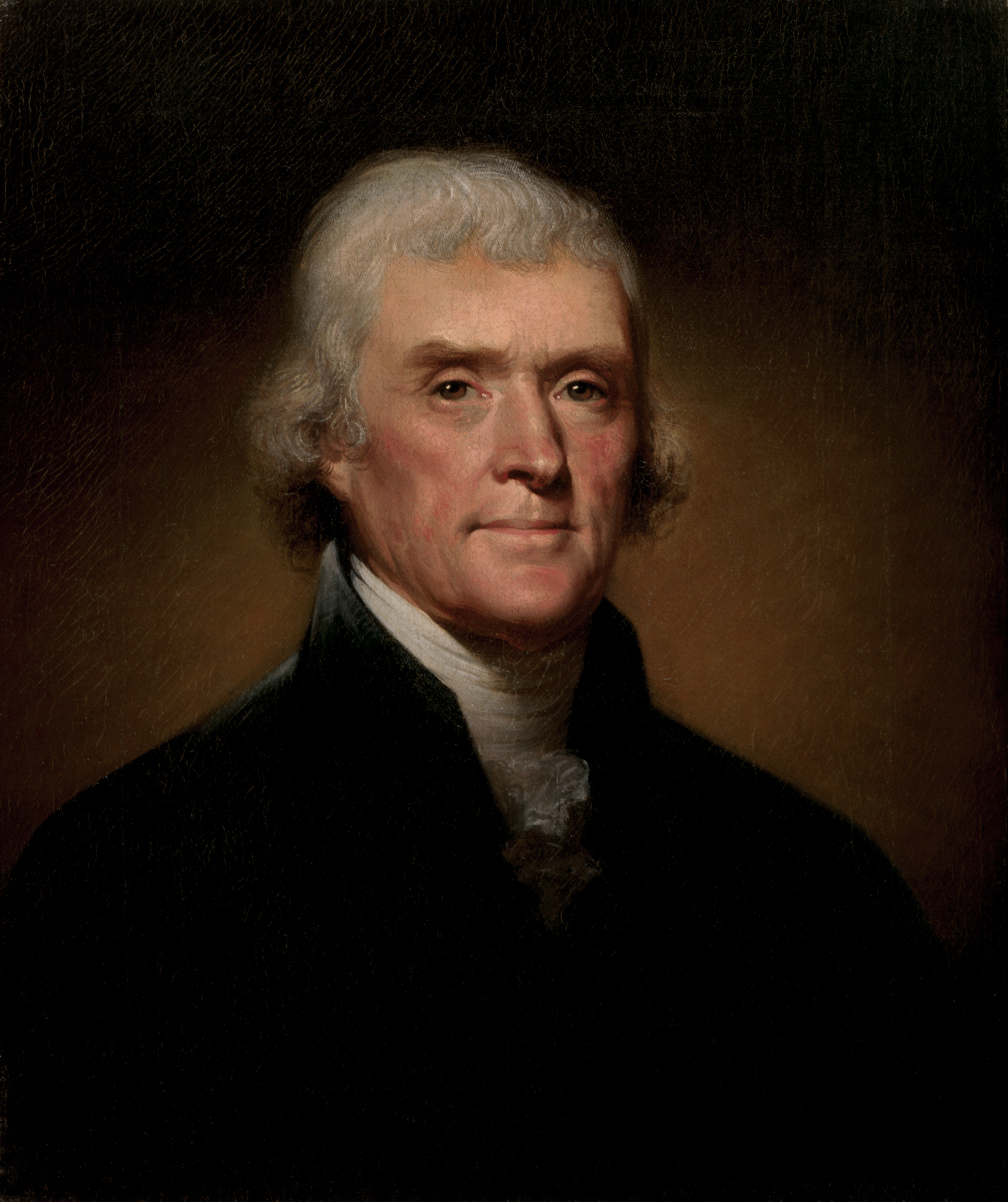
Jefferson wrote that all men are created equal while holding hundreds of people in bondage at Monticello. He profited from their labor, sold families apart, and kept a relationship with Sally Hemings, an enslaved woman who could not consent under law. His writings on liberty shaped nations, yet he refused to free most of the people who made his life possible. The contradiction is not a footnote; it is the frame that explains the comfort behind the eloquence.
Andrew Jackson
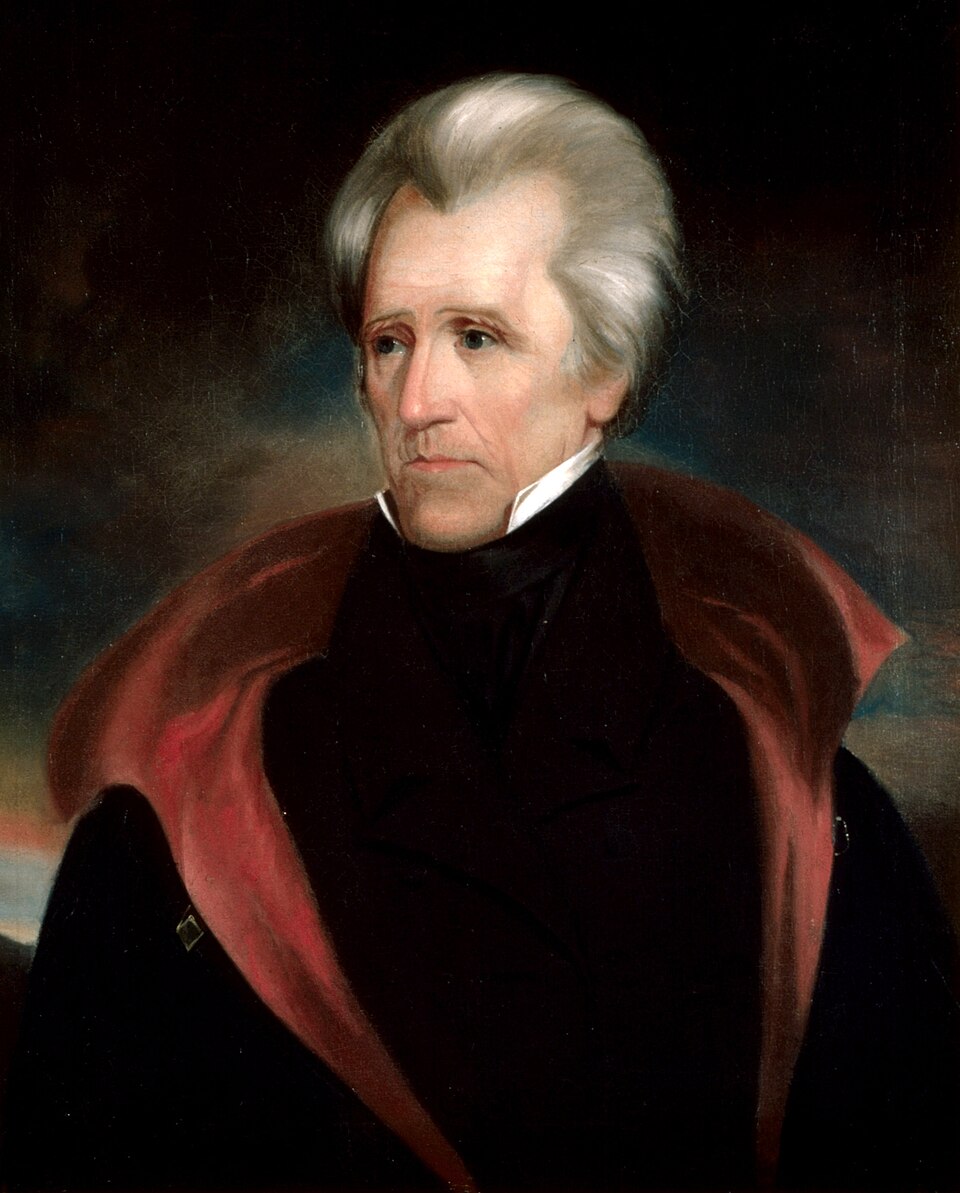
Jackson cultivated a man of the people image while pushing policies that crushed other peoples. As president he championed Indian removal, signed the 1830 act, and enforced expulsions that produced the Trail of Tears, with thousands dead from disease, exposure, and hunger. He was also a large enslaver and gained wealth through that system. The frontier legend rests on dispossession baked into law, which is why the romance of toughness rings hollow when read against the orders he signed.
King Leopold II of Belgium
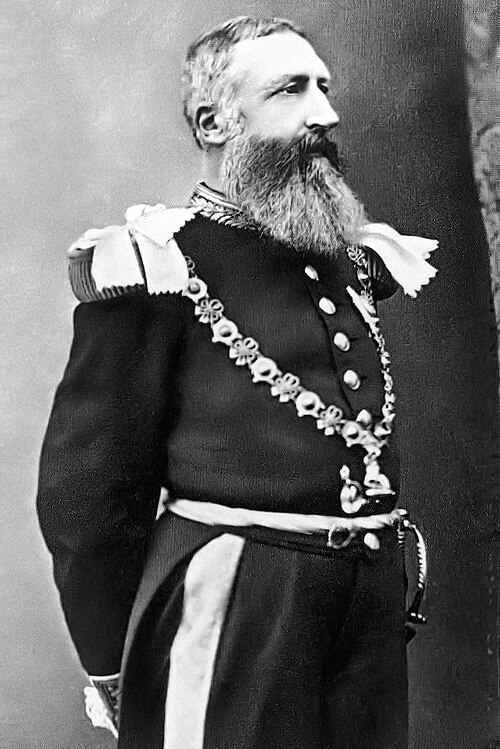
Leopold never set massed armies in Congo; he set a company state that wrung rubber from forced labor at gunpoint. Hostage taking, amputations, and village burnings enforced quotas, and international outcry only began after missionaries and reporters documented the terror. The regime made a European monarch rich and left a demographic and social scar that endures. Philanthropic language framed the project as civilization, while the ledger tallied coercion, starvation, and grief on a continental scale.
Cecil Rhodes
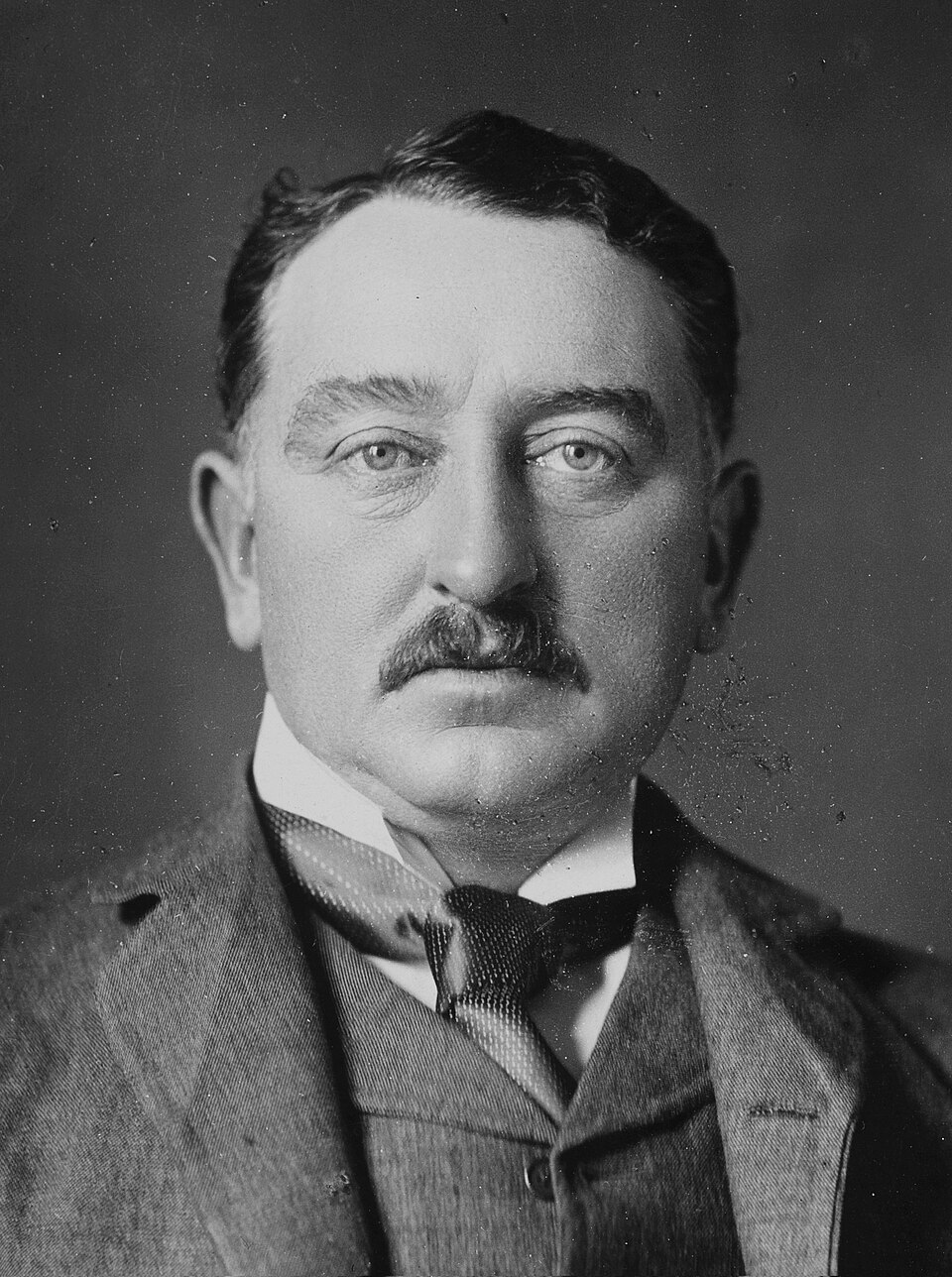
Rhodes wrapped ambition in the rhetoric of progress and left a mining empire that rested on land seizures and racial hierarchy. His companies drove harsh labor controls, and his political vision helped lay foundations for segregation that hardened into apartheid. Scholarships in his name still open doors, yet the fortune that funds them grew from extraction and dispossession. To admire the roads and institutions he built without naming the people moved aside is to keep only half the history.
Henry Ford
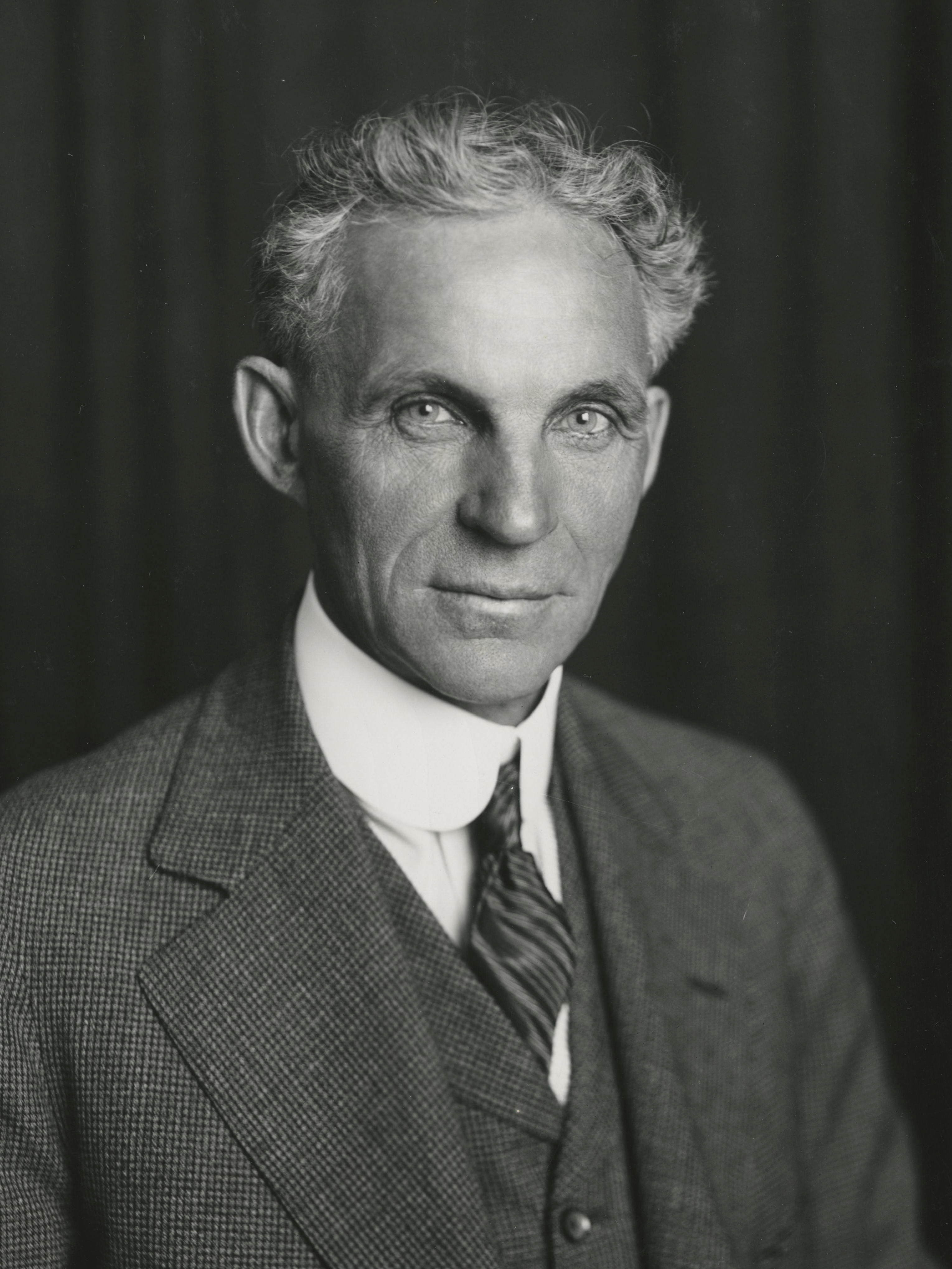
Ford revolutionized manufacturing, then used his paper, the Dearborn Independent, to spread antisemitic conspiracies that traveled far beyond Michigan. He fought unions with hired thugs, ran a company town culture that policed private life, and only apologized when lawsuits and outrage cornered him. Millions drive cars bearing his name, but the record includes harm that cannot be tuned out. Innovation and bigotry coexisted in the same office, and the loudest engine was often the press he paid for.
Hernán Cortés
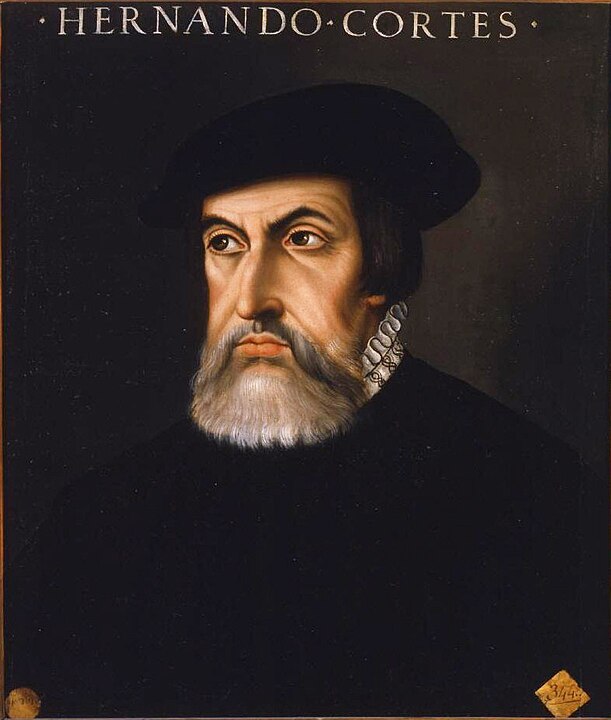
Cortés is often cast as a daring strategist. The conquest he led relied on massacres, enslavement, and a web of alliances that ended in plunder and disease ripping through central Mexico. He seized treasures, parceled people into encomiendas, and wrote self-serving reports that later smoothed the narrative. Empires fell, but not because the victors were civilizing; they were dismantling and profiting. The rubble supported new wealth, and the voices beneath it rarely made it into classrooms.
Mahatma Gandhi
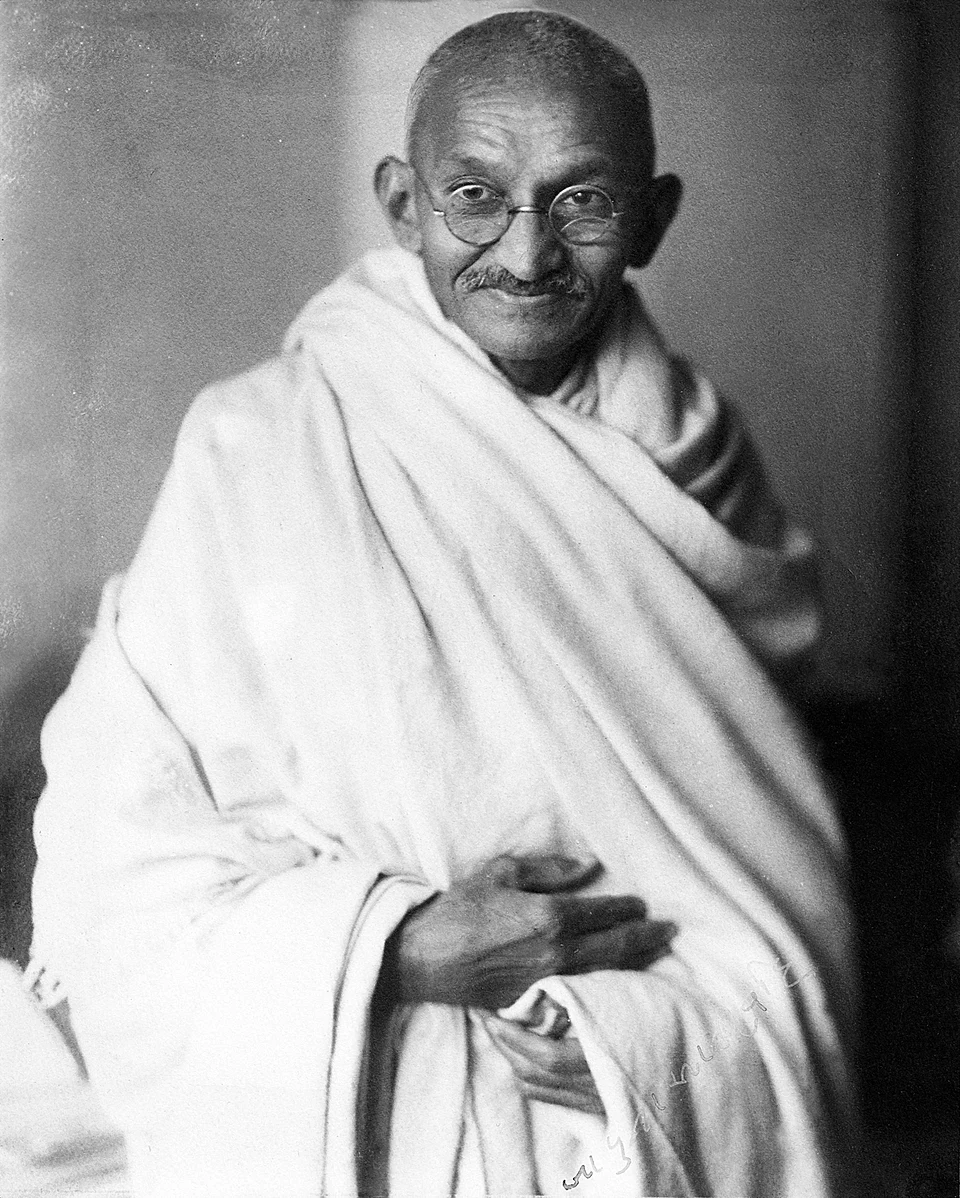
Gandhi’s role in Indian independence is real and immense. So are his early writings in South Africa that carried racist views toward Black Africans, along with personal experiments and control over women in his ashrams that draw serious ethical criticism. He evolved, yet some ideas and behaviors never lost their edges. Reverence often edits the uncomfortable parts out. A grown up portrait can hold both nonviolent genius and harmful beliefs without pretending the latter were whispers.
John A. Macdonald
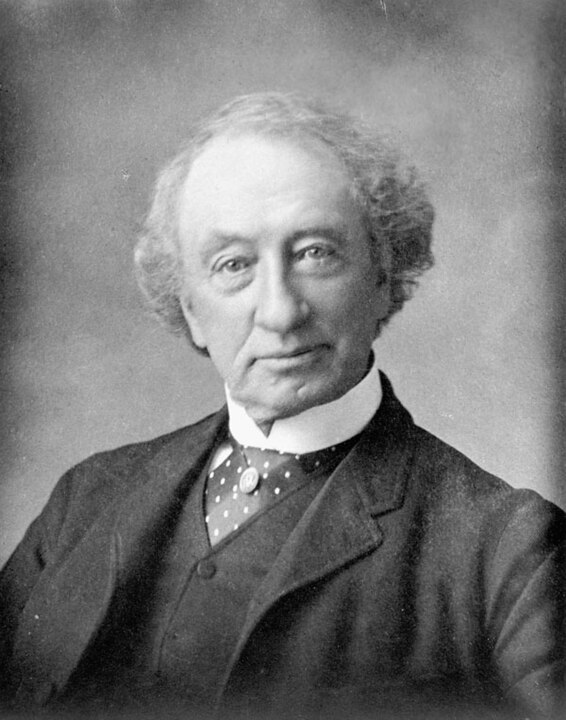
Canada’s first prime minister unified provinces and drove a transcontinental railway, then set policies that starved Indigenous communities during treaty negotiations and expanded a residential school system designed to erase cultures. Hunger was used as leverage, and children were taken, abused, and buried far from home. Statecraft and nation building read differently when the cost is counted correctly. Pride in steel and speeches has to stand beside graves and an apology that arrived generations late.

